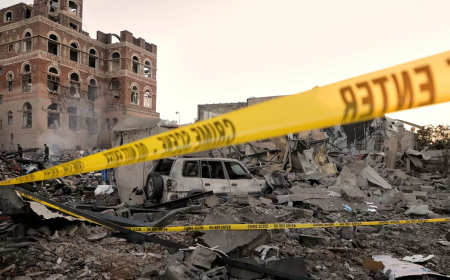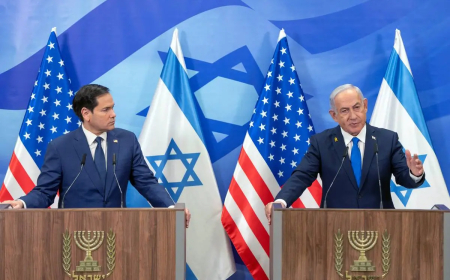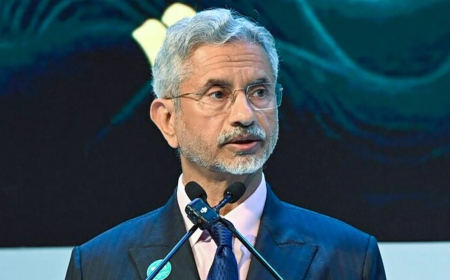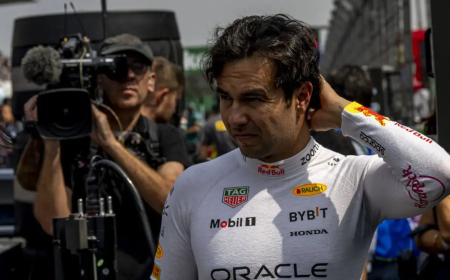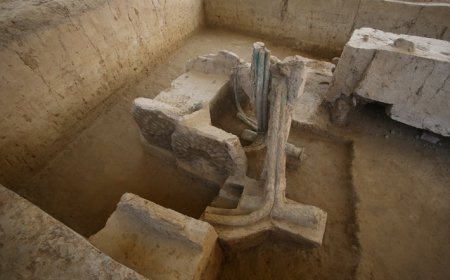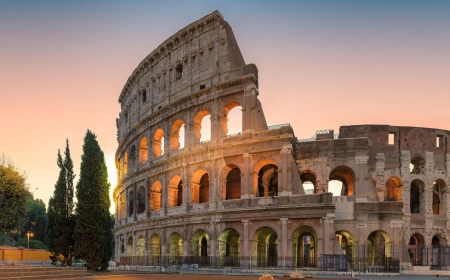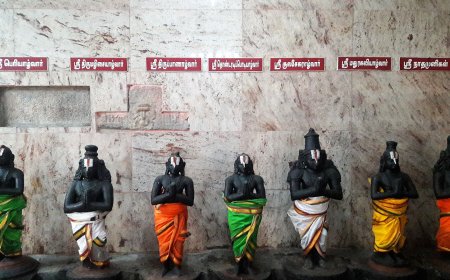Greek Officials Urge German President to Address Ongoing WWII Reparations Demand
Greek leaders make a strong case to the German President, insisting that their claim for reparations from World War II remains pressing and relevant.
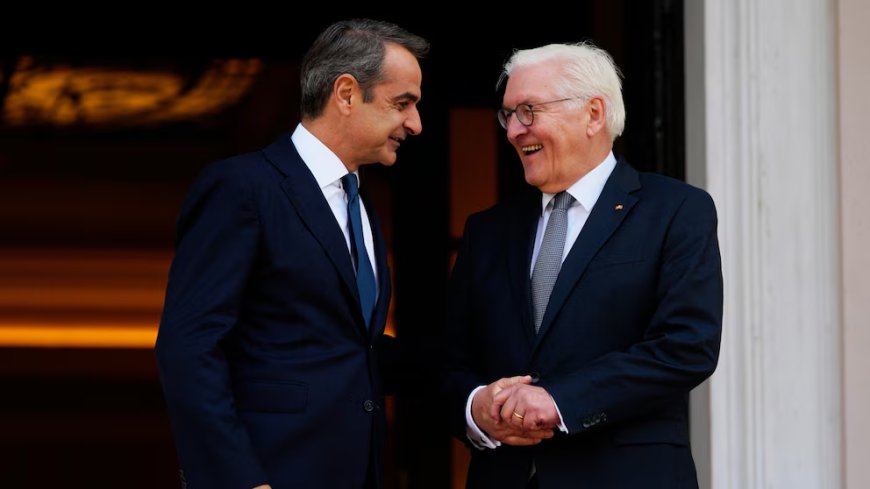
Greek leaders have reaffirmed their claim for World War II reparations during a recent meeting with the German President, emphasizing that the issue remains “very much alive.” This dialogue reiterates Greece’s long-standing demand for compensation related to the extensive damage and suffering caused during the German occupation in the war. The leaders articulated their stance, stressing the importance of acknowledging historical injustices in the pursuit of a reconciliatory relationship between the two nations.
During the discussions, Greek officials highlighted the serious impacts of the occupation, including economic hardships and the loss of lives, which continue to resonate in society. The delegation underscored that addressing these reparations is crucial not only for historical accountability but also for fostering mutual respect moving forward. Their message was clear: the past cannot be overlooked, and reparations should be part of a comprehensive dialogue on historical grievances.
The conversation comes at a time when Greece is increasingly vocal about its claims, which have evolved from mere historical inquiries into concrete demands for reparations. The Greek government has expressed that it seeks a resolution that reflects the magnitude of the wartime atrocities their citizens endured. The emphasis on reparations forms part of broader efforts to engage with historical memory and justice in Europe.
While Germany acknowledges the historical aspects of the claims, their response often stresses the conclusion of previous agreements and offers of economic support post-war. This creates a complex dynamic in negotiations, as Greece insists that their demands warrant renewed attention and action. The discussions signal a critical moment in the dialogue surrounding reparations, as emotions and historical narratives continue to shape contemporary political relations.
As Greece maintains its position regarding the WWII reparations claim, the dialogue with Germany highlights the broader issues of justice and reconciliation in post-war Europe. The officials’ assertion that the reparations claim is still alive serves as a call to address unresolved historical disputes, pointing towards the need for honest conversations about the legacies of conflict and strategies for reconciliation.

